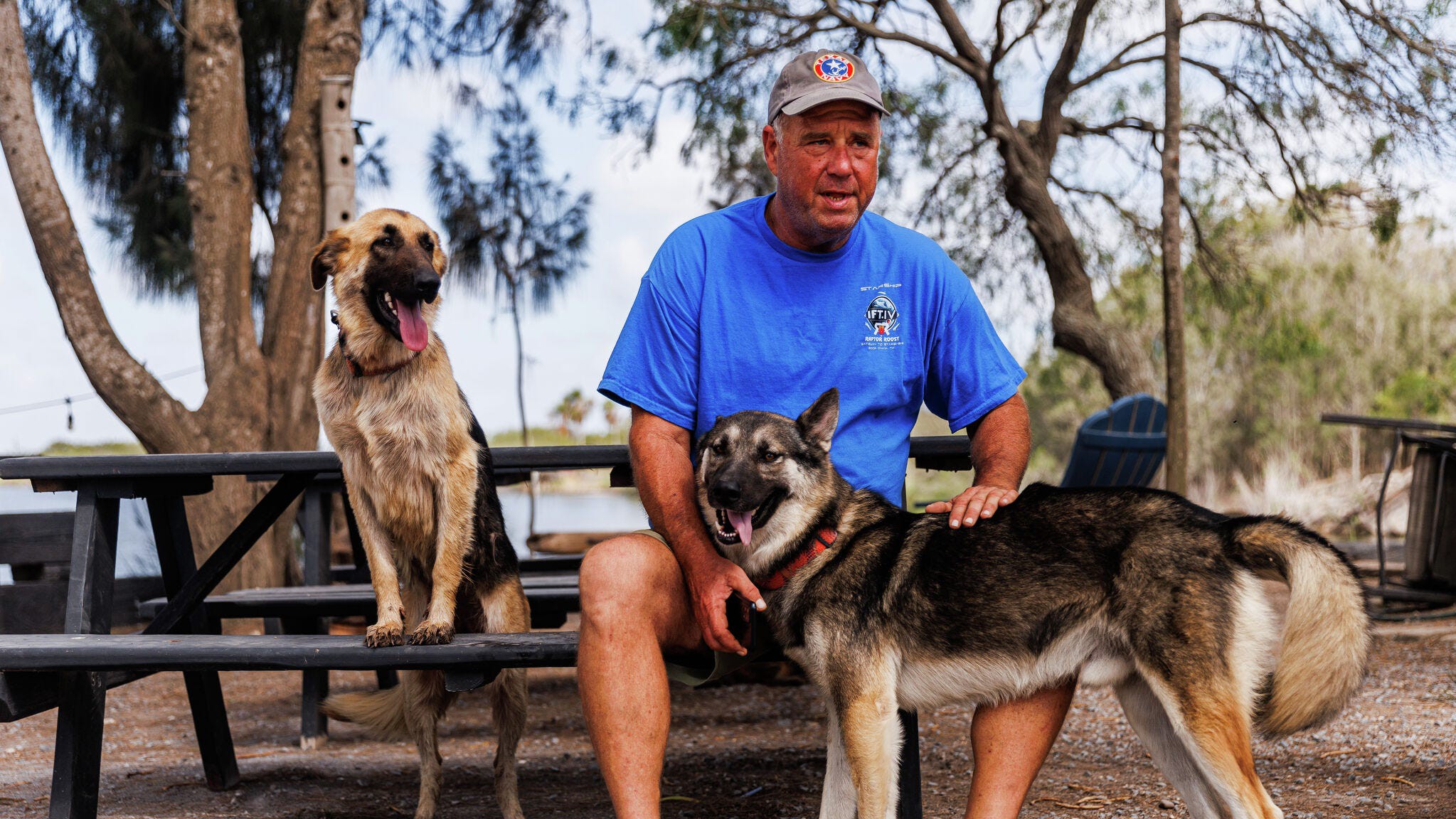opinion
Starbase Residents Discover the Hard Way That Company Towns Are Just Feudalism With WiFi
Elon Musk's desert utopia faces a *minor* hydration crisis as Cameron County tells Starbase to handle its own water—because nothing says "innovation" like thirst.

By Chad Evans
Published July 28, 2025 at 3:44pm

In a stunning turn of events that absolutely no one could have predicted, the residents of Starbase—Elon Musk’s totally not a cult desert utopia—are now realizing that living in a company town might have some minor drawbacks. Who knew that relying on a billionaire’s whims for basic necessities like water could be risky?
Cameron County, the bureaucratic villain in this dystopian comedy, has officially washed its hands of the situation (pun very much intended). Their reasoning? Starbase is now a real city, which means it should act like one—you know, by providing water to its citizens. Wild concept, right?
Meanwhile, SpaceX, the company that can land rockets upright but can’t seem to figure out how to keep a few tanks filled, is scrambling to build a water system. Because nothing says efficiency like retroactively installing infrastructure after people move in.
Local resident Keith Reynolds, who is not a SpaceX employee (but somehow ended up inside Starbase’s borders anyway), is living his best Mad Max life, hauling in water like it’s 1823. When asked for comment, he reportedly sighed, took a long drag from his emergency hydration pack, and muttered, “This is fine.”
State Rep. Janie Lopez, in a rare moment of political clarity, pointed out that maybe denying people water is bad. Groundbreaking stuff. Meanwhile, Cameron County officials are standing firm, insisting that delivering water was always just a courtesy—like holding the door open for someone, except the door is hydration and the someone is 40 families.
As the saga unfolds, one thing is clear: The future is here, and it’s incredibly thirsty. Maybe next time, we’ll think twice before letting a tech billionaire play SimCity in the desert. Or, more likely, we won’t, and this will all happen again—but with fewer regulations and more flamethrowers.

